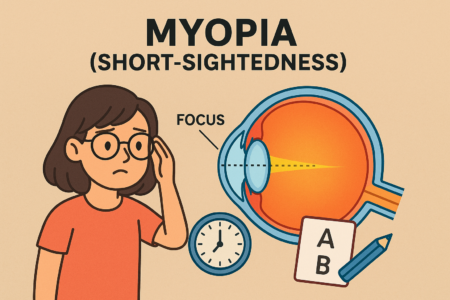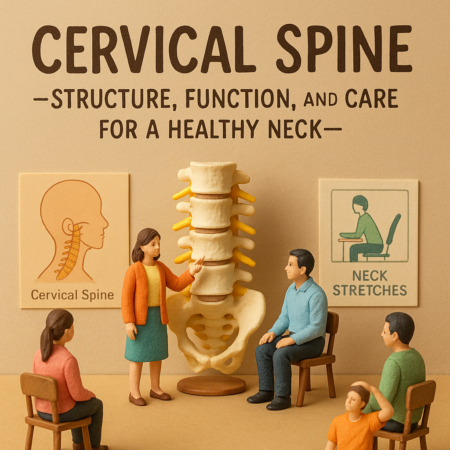Introduction
In today’s fast-paced world, stress has become an unavoidable aspect of daily life. Whether it’s due to work pressures, personal challenges, or societal expectations, the constant barrage of stressors can take a toll on our mental and physical well-being. However, it’s essential to recognize that stress is a normal part of life and can be managed effectively with the right techniques. In this comprehensive guide, we’ll explore a variety of stress-relieving strategies that can help you cultivate a calm and focused mind, enabling you to navigate life’s challenges with resilience and ease.
Understanding Stress and Its Impact
Stress is the body’s natural response to perceived threats or demands, triggering physiological changes to help cope with challenging situations.
- Acute stress can be beneficial in certain situations, mobilizing resources and enhancing performance.
- Chronic stress, on the other hand, can have detrimental effects on physical and mental health.
- Chronic stress can lead to issues such as anxiety, depression, cardiovascular disease, weakened immune system, and digestive problems.
- It can also impair cognitive function, memory, and concentration, making it difficult to focus and perform tasks effectively.
- Chronic stress can negatively impact relationships, work performance, and overall quality of life.
- It’s essential to recognize the signs and symptoms of stress and take proactive steps to manage it effectively.
Deep Breathing Exercises
One of the most effective ways to reduce stress and promote relaxation is through deep breathing exercises. Deep breathing activates the body’s relaxation response, triggering a decrease in heart rate, blood pressure, and muscle tension. To practice deep breathing, find a quiet space, sit or lie down in a comfortable position, and close your eyes. Inhale deeply through your nose, allowing your abdomen to expand, then exhale slowly through your mouth, focusing on releasing tension with each breath. Repeat this process for several minutes, allowing yourself to fully relax and let go of stress.
Mindfulness Meditation
Mindfulness meditation is another powerful tool for managing stress and promoting emotional well-being. By bringing your attention to the present moment without judgment, mindfulness meditation helps you cultivate a sense of calm and clarity amidst life’s challenges. To practice mindfulness meditation, find a quiet space and sit in a comfortable position with your eyes closed. Focus your attention on your breath, noticing the sensation of each inhale and exhale. When thoughts or distractions arise, simply acknowledge them without judgment and gently redirect your focus back to your breath.
Progressive Muscle Relaxation
Progressive Muscle Relaxation (PMR) Technique:
- PMR involves systematically tensing and relaxing different muscle groups in the body to promote physical and mental relaxation.
- Find a comfortable position in a quiet space to begin practicing PMR.
- Start by tensing the muscles in your feet and toes for a few seconds, then release and allow them to relax completely.
- Move upward through the body, progressively tensing and relaxing each muscle group.
- Include the calves, thighs, abdomen, chest, arms, shoulders, neck, and face in the sequence.
- As you tense each muscle group, hold the tension for a few seconds before releasing it.
- Focus on the sensation of relaxation as you release tension from each muscle group.
- Pay attention to any areas of tension or discomfort, and allow them to relax fully.
- Practice deep breathing while performing PMR to enhance relaxation and reduce stress.
- With regular practice, PMR can help alleviate muscle tension, reduce stress, and promote overall relaxation and well-being.
Exercise and Physical Activity
Regular exercise is not only essential for physical health but also plays a crucial role in managing stress and promoting mental well-being. Physical activity triggers the release of endorphins, neurotransmitters that promote feelings of happiness and relaxation. Whether it’s going for a brisk walk, jogging, cycling, swimming, or practicing yoga, finding activities that you enjoy and engage in regularly can help reduce stress levels and improve mood.
Healthy Lifestyle Choices
In addition to exercise, adopting healthy lifestyle habits can also help reduce stress and promote overall well-being. Eating a balanced diet rich in fruits, vegetables, whole grains, and lean proteins provides essential nutrients that support brain health and regulate mood. Getting an adequate amount of sleep each night is also crucial for stress management, as sleep deprivation can exacerbate feelings of stress and anxiety. Limiting caffeine and alcohol intake, practicing good time management, and prioritizing self-care activities such as relaxation, hobbies, and socializing can also contribute to a more balanced and stress-free lifestyle.
Journaling and Expressive Writing
Journaling and expressive writing can be valuable tools for processing emotions, gaining insight into stressful situations, and promoting self-awareness. Taking time to write about your thoughts, feelings, and experiences can help you identify sources of stress, challenge negative thought patterns, and cultivate a greater sense of clarity and perspective. Whether it’s keeping a daily journal, writing poetry, or jotting down gratitude lists, finding creative outlets for self-expression can be incredibly therapeutic and empowering.
Social Support and Connection
Maintaining strong social connections and seeking support from friends, family, or a therapist can provide invaluable resources for managing stress and building resilience. Talking to someone you trust about your feelings and experiences can offer validation, perspective, and emotional support during difficult times. Participating in group activities, joining clubs or support groups, and volunteering in your community are also excellent ways to foster a sense of belonging and connection, reducing feelings of isolation and loneliness.
Setting Boundaries and Prioritizing Self-Care
Finally, setting boundaries and prioritizing self-care are essential components of effective stress management. Learning to say no to unreasonable demands, delegating tasks when possible, and setting aside time for relaxation and leisure activities can help prevent burnout and overwhelm. Making self-care a priority by engaging in activities that bring you joy, such as spending time in nature, practicing hobbies, or enjoying a hot bath, allows you to recharge and replenish your energy reserves, ensuring that you have the resilience and resources to cope with life’s challenges.
Conclusion
In conclusion, stress is an inevitable part of life, but it doesn’t have to control us. By incorporating stress-relieving techniques into our daily routines, such as deep breathing exercises, mindfulness meditation, progressive muscle relaxation, exercise, healthy lifestyle choices, journaling, social support, and self-care, we can cultivate a calm and focused mind that enables us to navigate life’s challenges with resilience and ease. Remember that managing stress is a journey, and it’s okay to seek support when needed. With practice and patience, you can develop the skills and strategies to effectively manage stress and lead a happier, healthier life.







